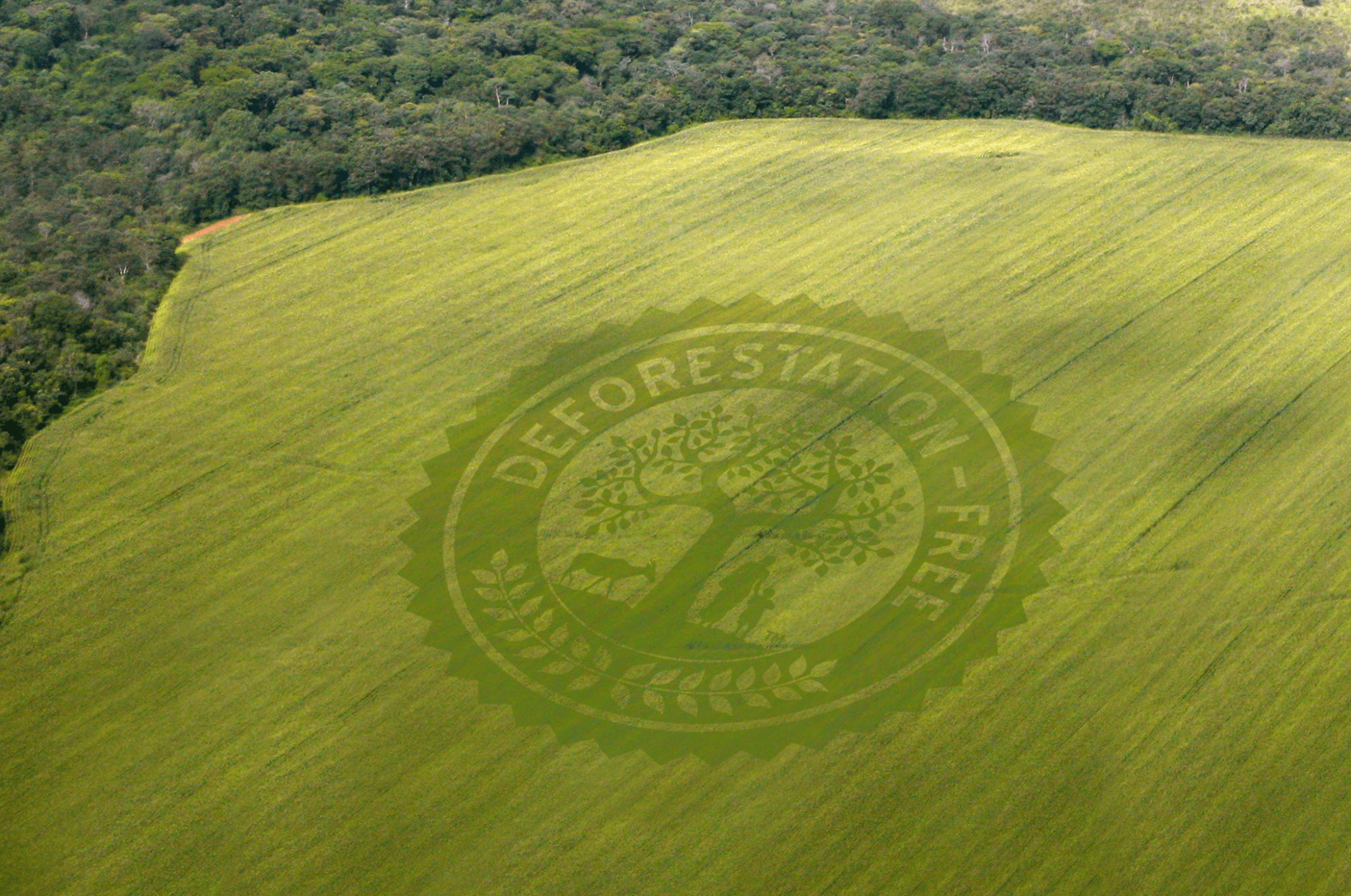(Opinion) The EU’s new anti-deforestation law is a well-meant policy. Its goal is to protect crucial forests, like the Amazon.
Yet, the law has sparked global concern. Countries like Brazil, Indonesia, and 15 others say it’s unfair and punitive.
The law came into effect on June 29. It bans the import of products like palm oil, cocoa, and coffee from areas with illegal deforestation.
The burden of proof is on companies to show their goods don’t harm forests.
This approach creates problems. Seventeen nations are voicing their concern. They argue that small farmers are the ones who will suffer the most.
These farmers may not be involved in deforestation, yet they might lack the means to meet the EU’s strict criteria.
Thus, the law could sideline them from global markets, deepening poverty and undermining sustainability goals.

The concerned countries have called for dialogue, but the EU seems resistant. This raises questions about the EU’s willingness to adapt its policy.
Critics argue that the EU’s rigid stance disregards local conditions and existing efforts to combat deforestation.
Brazil’s President Lula da Silva is particularly displeased. He views the law as an affront to his country’s recent environmental initiatives.
The Amazon, which Brazil hosts a large portion of, is critical for global climate regulation.
In fact, the Amazon is more than just a forest. It’s a global asset that plays a significant role in climate control.
Discussion About Deforestation
That makes Brazil’s role essential in any discussion about deforestation. This raises the question of whether a single law by the EU should dominate this conversation.
Ignoring the conditions and laws of affected countries can be dangerous. A one-size-fits-all approach might not work.
Some critics go so far as to say the law could backfire. It may fail to protect forests, damage international relations, and worsen poverty.
The EU certainly has good intentions. However, good intentions should not result in flawed policy.
The EU needs to open channels of communication with the 17 dissenting nations. It’s high time for a rethink, to develop an impactful and equitable law.

